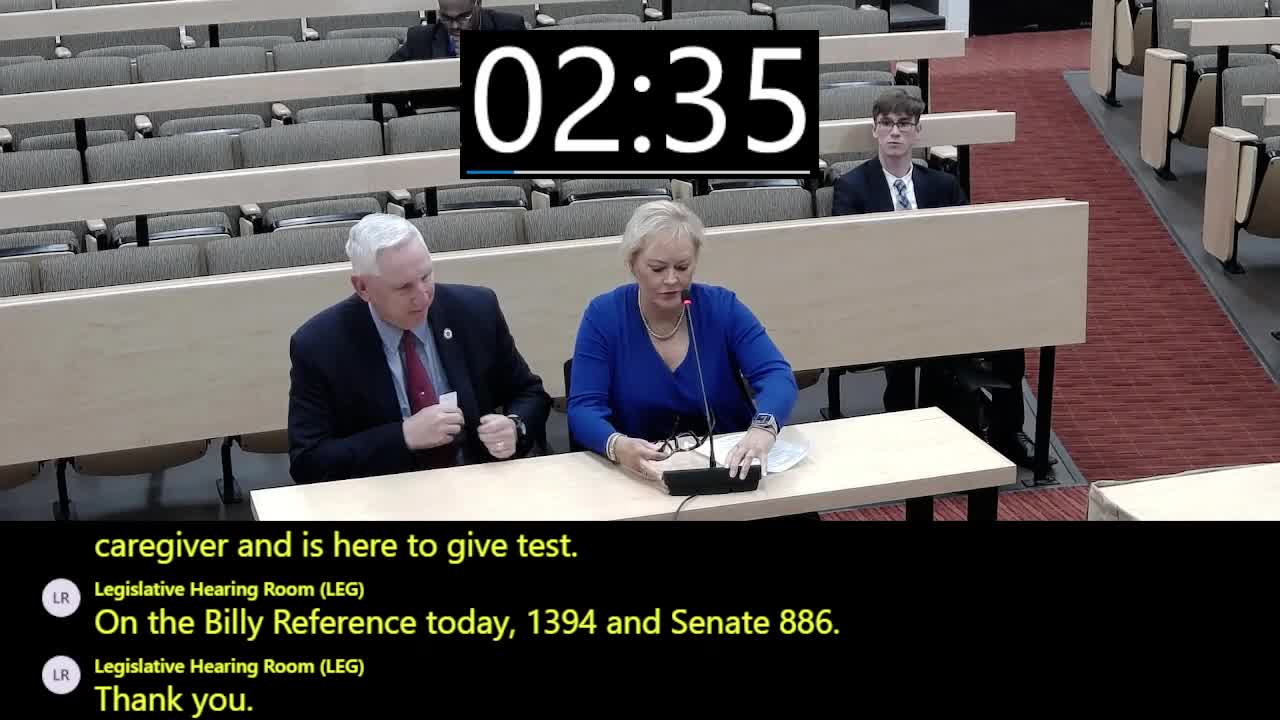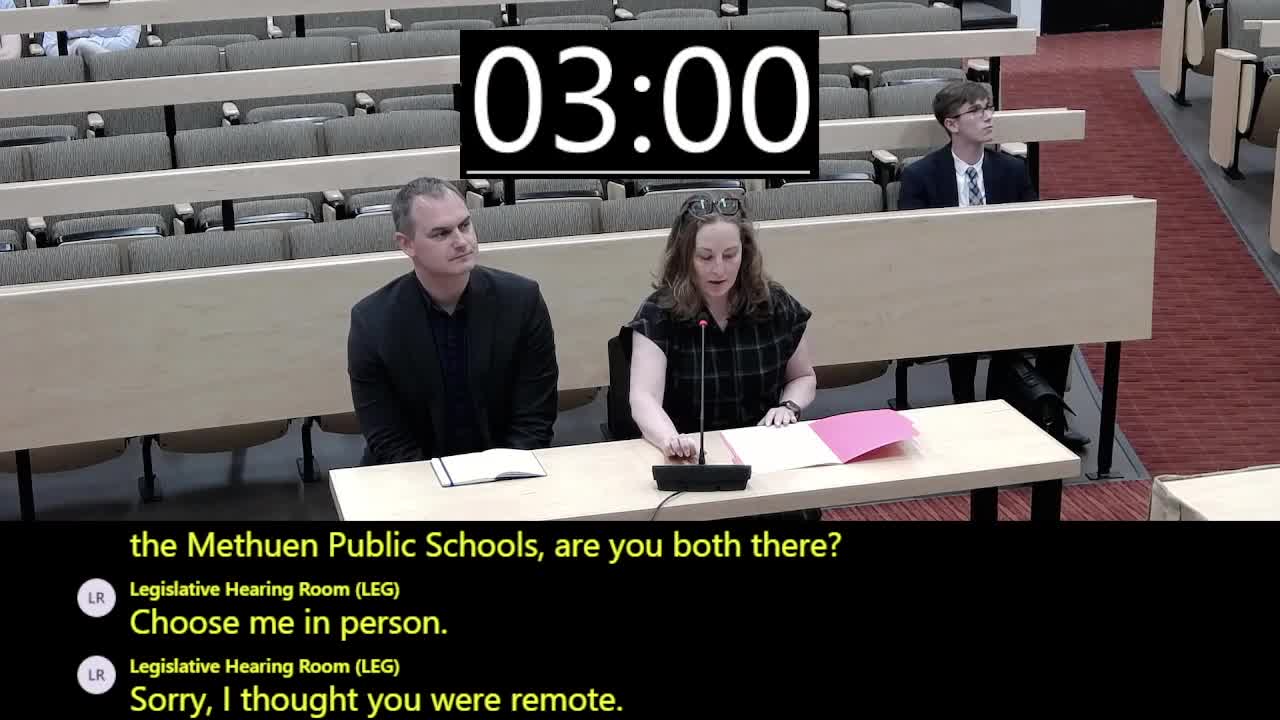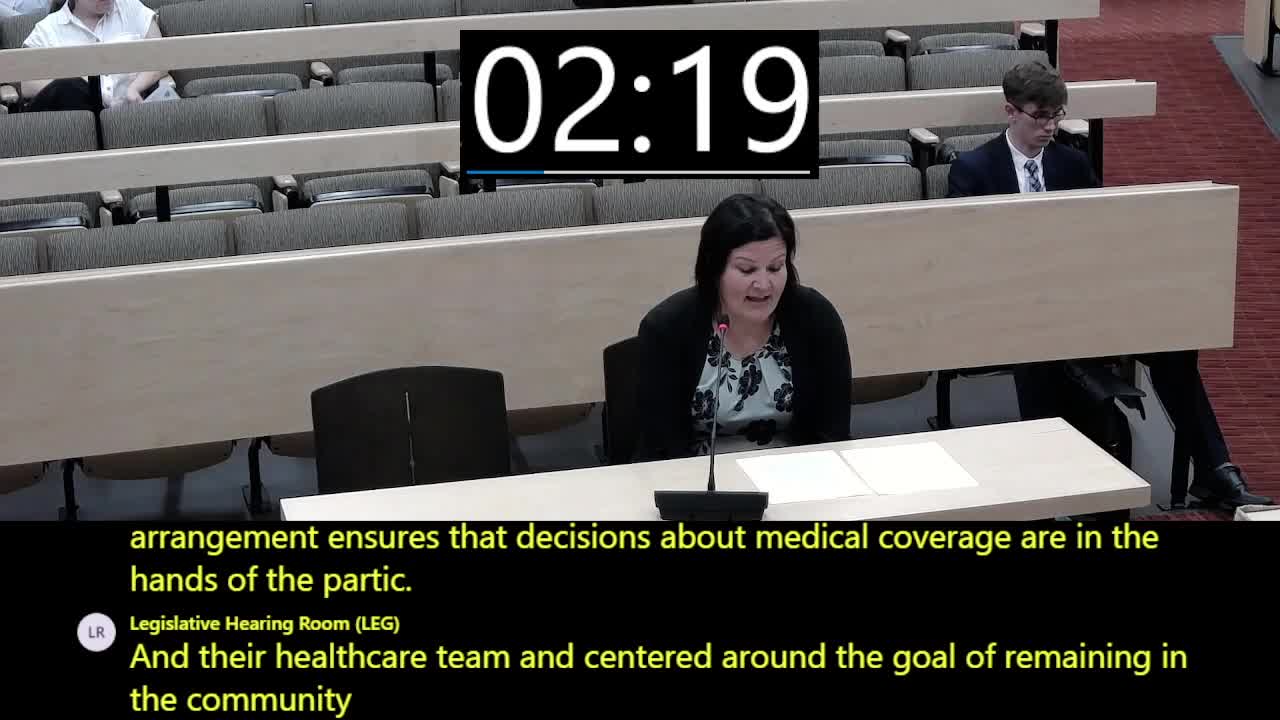Article not found
This article is no longer available. But don't worry—we've gathered other articles that discuss the same topic.

Mass. committee hears broad support for allowing family members, including spouses and guardians, to be paid MassHealth caregivers

Providers and agencies urge clearer, more transparent MassHealth rate-setting to address home care workforce shortage

Advocates push MassHealth to cover ABA and essential therapies for adults with autism

School advocates back bill to return school‑based Medicaid dollars directly to school health budgets

